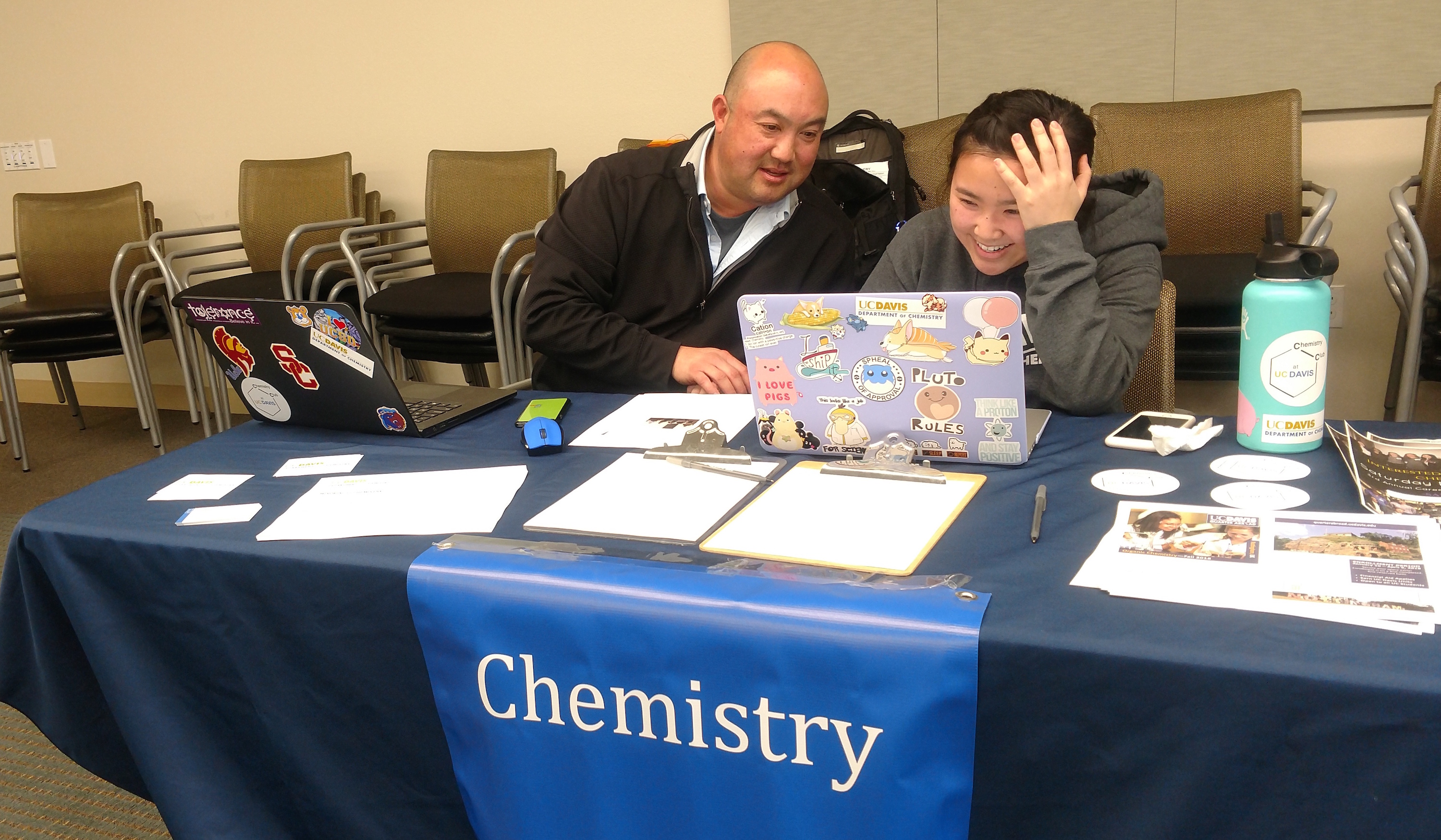
1. Your minor can enhance your major
Consider whether a potential minor can supplement your major or align with a specific career path you have in mind, recommends Mandy Hanou, advisor for the Department of Earth and Planetary Sciences. And some minors, like statistics, can be a useful addition to any major, said Kim McMullen, advisor for the Department of Statistics. The data analysis techniques learned in statistics will prove essential for research of any kind, she said. In contrast, statistics major Brody Lawry said he hopes to minor in education because he wants to analyze ESL (English as a second language) teaching methods in the future.
2. Or be completely unrelated
However, many advisors note that it is more important (and enjoyable) to pick a minor that interests you. A minor is a good excuse to take classes in an area you are passionate about, said Jacob Lambeck, a physics major and managerial economics minor. Although he plans to attend graduate school in physics, Lambeck said he has always been interested in managerial economics and enjoys the practical experience in business and investment that it gives him. Having a minor in your area of interest can also set you apart and be a talking point when it comes to applying to jobs, graduate school and more.
3. Don’t be afraid to try out different classes
Keep in mind that most minors only require around 20 units. Additionally, there is no pressure to declare a minor until the quarter you graduate. There is nothing to lose by taking a class or two in the minor of your interest, and you will even be fulfilling general education requirements along the way.
4. Make sure to do your own research
Lambeck advises researching minor requirements online and judging how restrictive or flexible the coursework can be for you. For example, be cautious of minors that require prerequisite courses for their upper division classes.
5. Talk to your professors
If you are in a non-major class that interests you, advisor Rachel de los Reyes suggests speaking to the professor about whether minoring in that area may be a good fit for you. Do not be afraid to take initiative.
6. If you’re still unsure…
Do not hesitate to meet with department advisors. They are experienced in helping students and will gladly walk you through the process of deciding if a minor is right for you. Advisors with the College of Letters and Science are available for drop-in or scheduled appointments through the advising appointment system. Want more advice on minors? Check out Hanou’s blog post on 5 Things to Think About Before You Sign On for a Minor.
— Maddy Shiber, writing intern in the UC Davis College of Letters and Science
